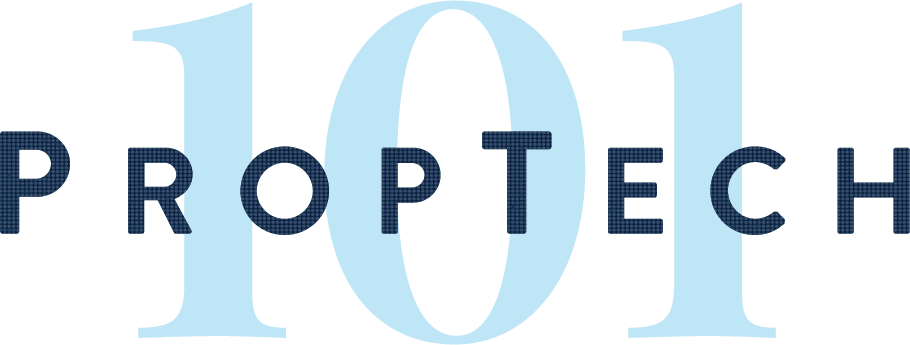Why We Need Our Own Definition Of Innovation
Within the hallowed halls of Columbia University and the vibrant workspaces of PropTech Place, there is frequent data about innovation. “What does it mean for an organization to be truly innovative or embrace open innovation?” “Who gets to be the judge of an organization’s level of innovation”? “Can a company be innovative in certain ways, like technology deployment, and stuck in the past in others?”
As it relates to different approaches to open innovation, at Columbia’s Graduate School of Architecture, Planning and Preservation, we assign our students two books before they complete any other tasks. One is The Lean Startup and the other is If You Really Want To Change The World. The approaches described in these books are not diametrically opposed, but sufficiently dissimilar. As my colleague Josh Panknin mentioned to me when I began teaching, it’s important that we provide our students with these frameworks on a spectrum. The solution when contemplating a PropTech business might be in the middle.
The Lean Startup methodology focuses on iteration; start with a minimum viable product and get it in the hands of customers immediately. Have them test it, provide feedback on it, then iterate and get it back in their hands. This feedback loop is central to the lean startup methodology. This method has been very successful, and created scores of very valuable transformative companies like Dropbox.
If You Really Want To Change The World contemplates an environment of iteration, but not necessarily one where product is constantly shipped into the hands of the customer. This type of innovation process includes some heavy initial firepower including the brain power of Stanford University, the resources of the US government, and the checkbook of a large venture firm like Warburg Pincus. This model provides the smartest people with the capital they need to create cutting edge technologies. Sometimes, these technologies can create large businesses like Siri.
Why does this spectrum matter and what does it mean for PropTech? Part of the impetus for us to write PropTech 101 was to explain why innovation in other industries does not translate directly to real estate. The real estate business is so complex, so idiosyncratic, and so fundamentally tied to the built world, it needs a whole different paradigm for measuring success.
Part of PropTech 101 is rooted in the methodologies espoused by the authors of these two iconic business tomes and we owe them a great debt of gratitude. However, over the years we have grown to learn that entrepreneurs in this sector need to learn directly from prior PropTech entrepreneurs as certain success stories do not translate. Real estate can be a harrowing place for newcomers, and even old hats who want to look at their business in a new light.
Hopefully, our book can serve as a companion, not replacement, for these iconic books and the many others that we assign our students at Columbia. It has been a great joy getting to debate these topics in academic and entrepreneurial settings over the years. Our book is meant to keep that debate alive and well, and nurture it. PropTech 101 represents a beginning for the industry, not a coda.
The velocity of innovation moves so quickly in our world we will no doubt have to create new editions of our book very soon, inserting important things we have learned along the journey, new strides certain companies mentioned have made, new ways PropTech entrepreneurs are shaking things up, turning the analog digital. Please enjoy the book and let us know things you would like to add. We are always looking to further push the envelope of innovation across the real estate sector; we do not intend to stop with our first edition. Enjoy reading!


